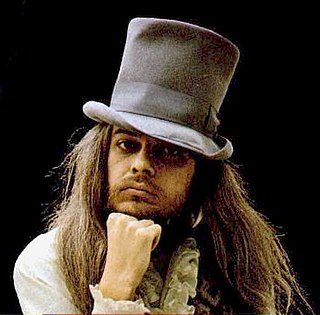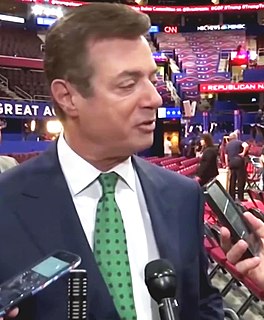A Quote by Mark Twain
We write frankly and freely, but then we modify before we print.
Related Quotes
The editor of a newspaper cannot be independent, but must work with one hand tied behind him by party and patrons, and be content to utter only half or two-thirds of his mind . writers of all kinds are manacled servants of the public. We write frankly and fearlessly, but then we "modify" before we print.
A lot of the people involved in the media are very serious, honest people, and they will tell you, and I think they are right, that they are not being forced to write anything... What they don't tell you, and are maybe unaware of, is that they are allowed to write freely because their beliefs conform to the... standard doctrinal system, and then, yes, they are allowed to write freely and are not coerced.
I start with no preconceived idea - discovery excites me to focus - then rediscovery through the lens - final form of presentation seen on ground glass, the finished print previsioned completely in every detail of texture, movement, proportion, before exposure - the shutter's release automatically and finally fixes my conception, allowing no after manipulation - the ultimate end, the print, is but a duplication of all that I saw and felt through my camera.
The best advice I can give on this is, once it's done, to put it away until you can read it with new eyes. Finish the short story, print it out, then put it in a drawer and write other things. When you're ready, pick it up and read it, as if you've never read it before. If there are things you aren't satisfied with as a reader, go in and fix them as a writer: that's revision.



































